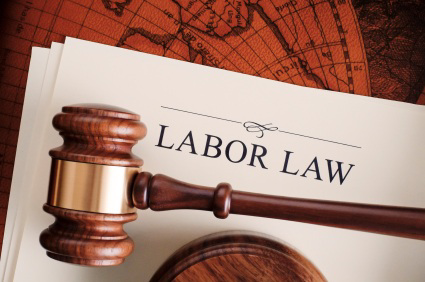Don’t expect a quick ruling when challenged on whether and employee has been properly classified as exempt or nonexempt. Determining an employee’s proper classification requires a fact-driven assessment that looks beyond a job description and examines exactly what the employee does on a daily basis.
Recent case: Veronica was an employee of Northern States Power for 30 years, working her way up to become a supervisor.
Then she retired and sued, alleging that she had been incorrectly classified as exempt when she should have been a nonexempt, hourly employee eligible for overtime pay.
The trial judge sided with Veronica, based largely on her statement that all she did was schedule work crews. But the company appealed.
The appellate court went over the job description and the daily details of the job Veronica had performed during her last two years.
It concluded that a jury should decide the case, sorting through the evidence. Then it will determine whether Veronica’s job was actually as low-level as she claimed or if it involved considerable discretion and other high-level duties, as the company says. (Grage v. Northern States Power, No. 15-1418, 8th Cir., 2015)
Final note: Don’t forget that new white-collar overtime rules are coming soon. The Department of Labor is expected to publish final regulations sometime this year. Those rules, while setting a higher salary requirement, may eliminate much of the hassle of classifying employees. The likely result: More workers currently classified as exempt will be reclassified as nonexempt.
———-
Copyright 2016 – Business Management Daily
Thanks for reading CPA Practice Advisor!
Subscribe Already registered? Log In
Need more information? Read the FAQs
Tags: Firm Management, Human Resources




